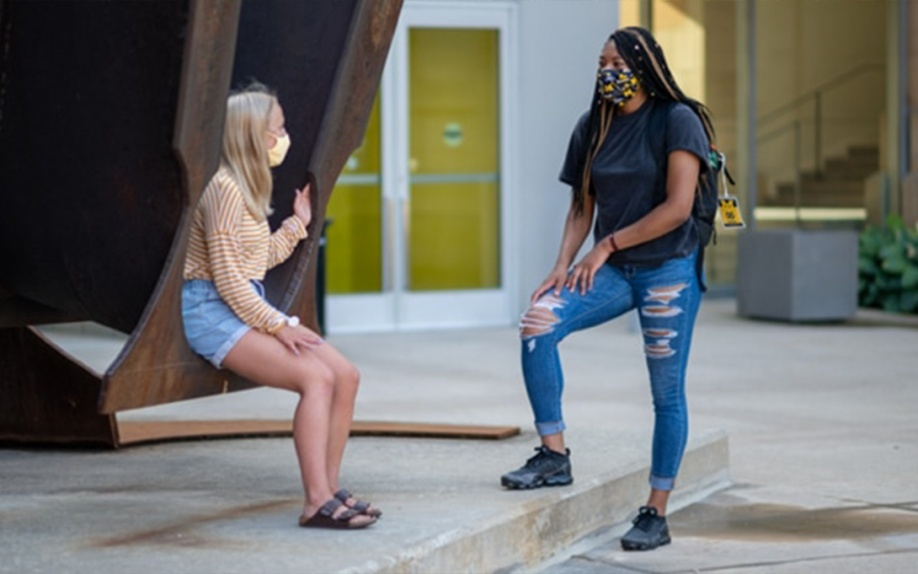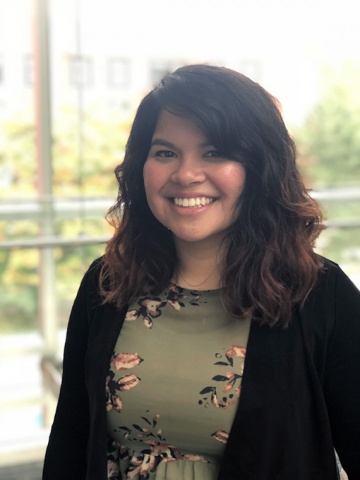Graduate certificate
With an STPP certificate, you will be prepared to participate in the politics and policy of science and technology and conduct policy analysis through thinktanks, industry, or academia. It will prepare you for a wide range of possible careers where you can influence science and technology policy.
Overview
Created in 2006, the STPP's graduate certificate program trains a diverse group of students to understand the complex and interconnected public policy issues around science and technology, and effectively use scientific and technical knowledge to inform public policy processes for societal benefit.
We welcome master's or doctoral students from any field—including the natural and physical sciences, engineering, public policy, public health, law, information, and environmental studies. No background in science or in policy is required.
It is a misconception to think that someone successful in research will also succeed in politics and policymaking, . . . Improving global science advice — and therefore improving the world — needs people with better training and skills for the job.

Editorial Board
Read full editorialIn 12 credit hours of course work (two core courses and two electives), students learn about the political and policy landscape for science and technology policy, tools to analyze science and technology policies, methods to develop and govern science, technology, and related policies to be more equitable and just, strategies to communicate technical ideas to a broad audience, and; the dynamics of specific science and technology areas, including biotechnology, information and communication technology, energy policy, and more.
In addition to coursework, STPP students have access to specialized academic and career advising, networking opportunities with experts in the field, career development grants, and membership in the InSPIRE student group.
Stephanie Sandoval-Pistorius
I see working in science policy as a means of having a direct, and far-reaching impact on the world. The STPP program is therefore not extraneous to my current career, it is essential.

Ben Isaacoff
Applied Physics PhD, STPP Certificate '18


